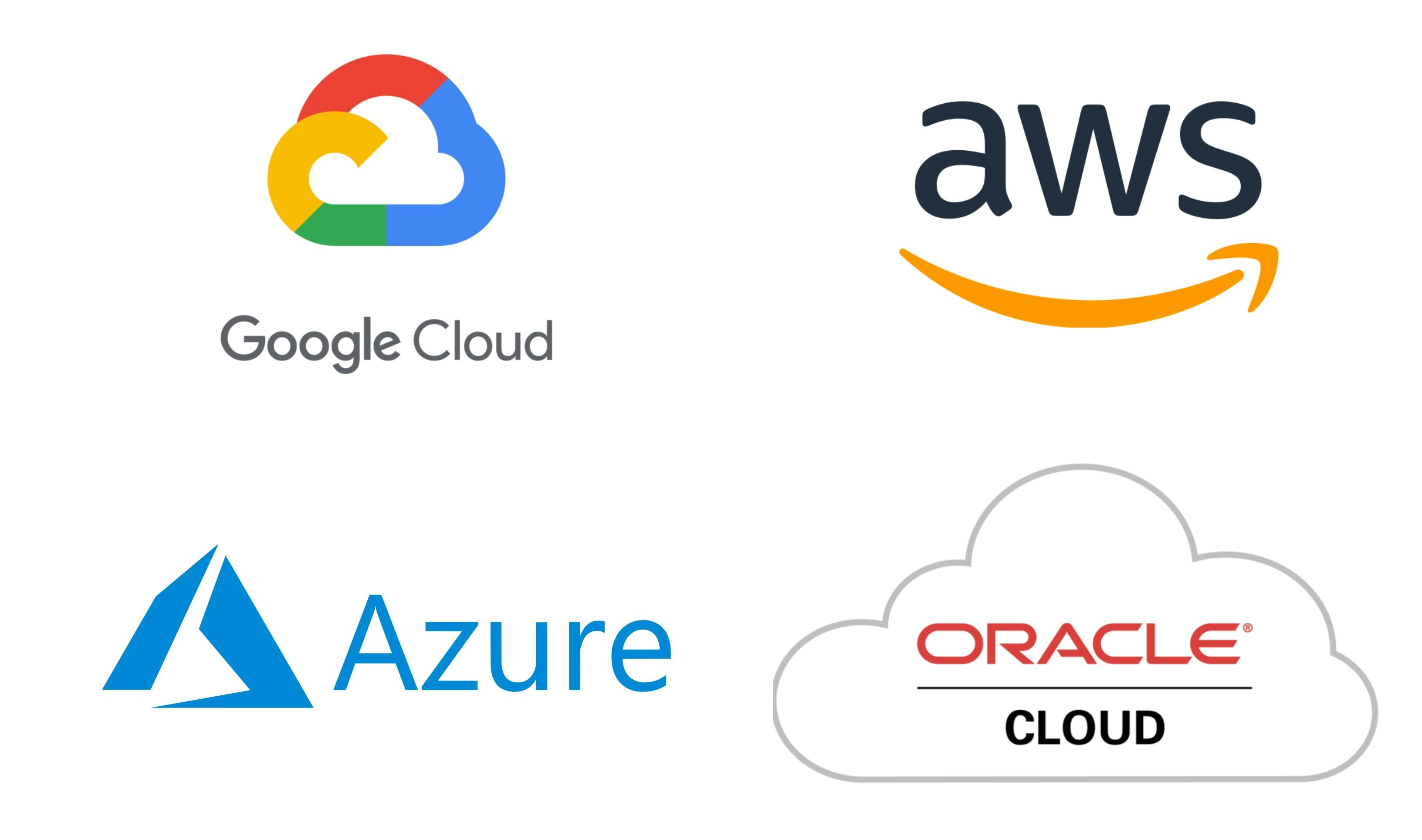As a Software Engineer and Cloud Engineer, I have severally been approached by learners and professionals across different spectrums seeking to understand what cloud computing is and what it entails. In this article, I demystify what cloud computing is simplistic fashion.
What is Cloud Computing?
First, we have to understand the emergence of cloud computing. Traditionally, organizations would create their own data centres for their own computing needs. With technological advancement, this has continually changed. Latest trends have seen select organizations providing these services to other organizations such that you don't have to create your own data centre anymore. Rather, you can 'rent' computing services from an already established computing services provider. These organizations develop and maintain these data centres while customers access the computing services over the internet.
Thus, we can define cloud computing as the delivery of computing services over the internet. These services include servers, storage, databases, networking, software, analytics, and more. Rather than owning and maintaining physical infrastructure, users can access these resources on-demand from a cloud service provider.
Some of the prominent cloud computing providers include Amazon Web Services (AWS) (AWS Cloud https://aws.amazon.com/), Oracle(Oracle Cloud https://www.oracle.com/ke/cloud/), Microsoft (Microsoft Azure https://azure.microsoft.com/en-us), Google (Google Cloud Platform https://cloud.google.com/).

Benefits of Cloud Computing
There are many benefits to using cloud computing, including:
Scalability: Cloud computing provides a highly scalable infrastructure that can easily scale up or down to meet the needs of any user. Whether you need to run a small website or a large-scale enterprise application, cloud computing has the resources to support your needs.
Reliability: Cloud computing offers a highly reliable infrastructure that is designed to provide maximum uptime and availability. With multiple availability zones and regions around the world, cloud computing ensures that your applications and data are always available when you need them.
Cost-effectiveness: Cloud computing offers a pay-as-you-go model, which means that you only pay for the resources you use. This allows businesses and individuals to save money by avoiding the need for expensive physical infrastructure.
Flexibility: Cloud computing offers a wide range of services and tools that can be customized to meet the needs of any business or individual. Whether you need to run a website, store data, or develop applications, cloud computing has the tools and services to support your needs.
Types of Cloud Computing
There are three main types of cloud computing: public, private, and hybrid.
Public Cloud: Public cloud computing refers to the use of computing resources that are provided by a third-party service provider over the internet. These resources are available to anyone who wants to use them and are typically billed on a pay-as-you-go basis.
Private Cloud: Private cloud computing refers to the use of computing resources that are dedicated to a single organization or user. These resources may be hosted on-premises or in a data center and are not available to the public.
Hybrid Cloud: Hybrid cloud computing refers to the use of both public and private cloud resources. This allows organizations to take advantage of the scalability and cost-effectiveness of public cloud resources while also maintaining the security and control of private cloud resources.
Conclusion
Cloud computing has transformed the way businesses and individuals use technology. Its scalability, reliability, cost-effectiveness, and flexibility make it an ideal choice for anyone looking to leverage the power of the cloud. With its wide range of services and tools, cloud computing is a powerful platform that can be used for various purposes, from running websites to developing applications. I If you are looking for a powerful computing platform that can help you achieve your goals, cloud computing is definitely worth considering. In the next series, we will be looking at AWS Cloud and the different services that it offers.
Until then, adios!
Credits:
Cover Image: https://revgurus.com/
